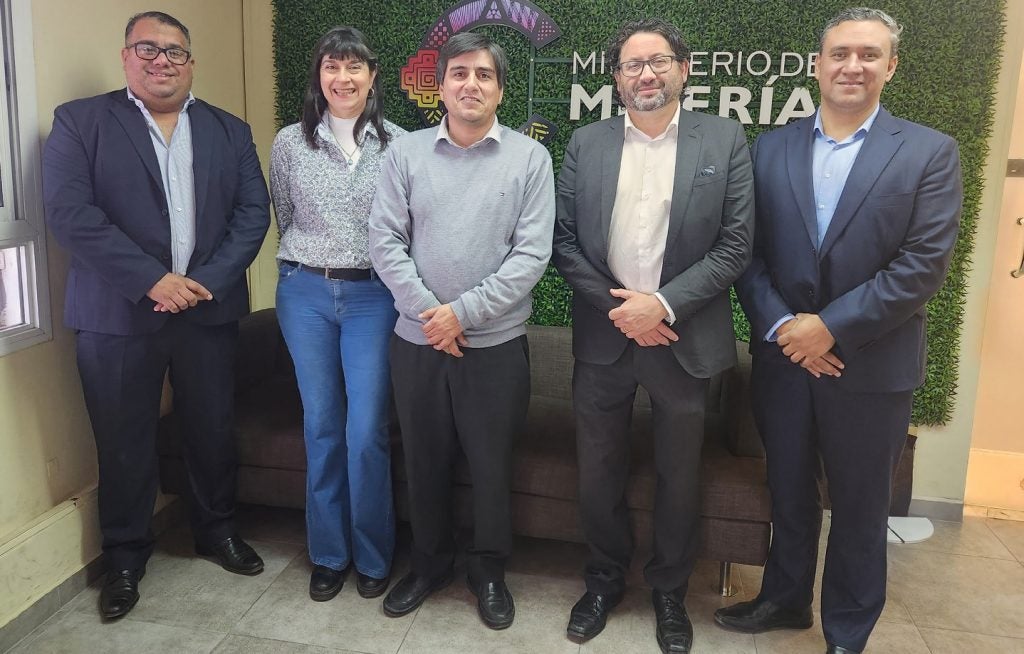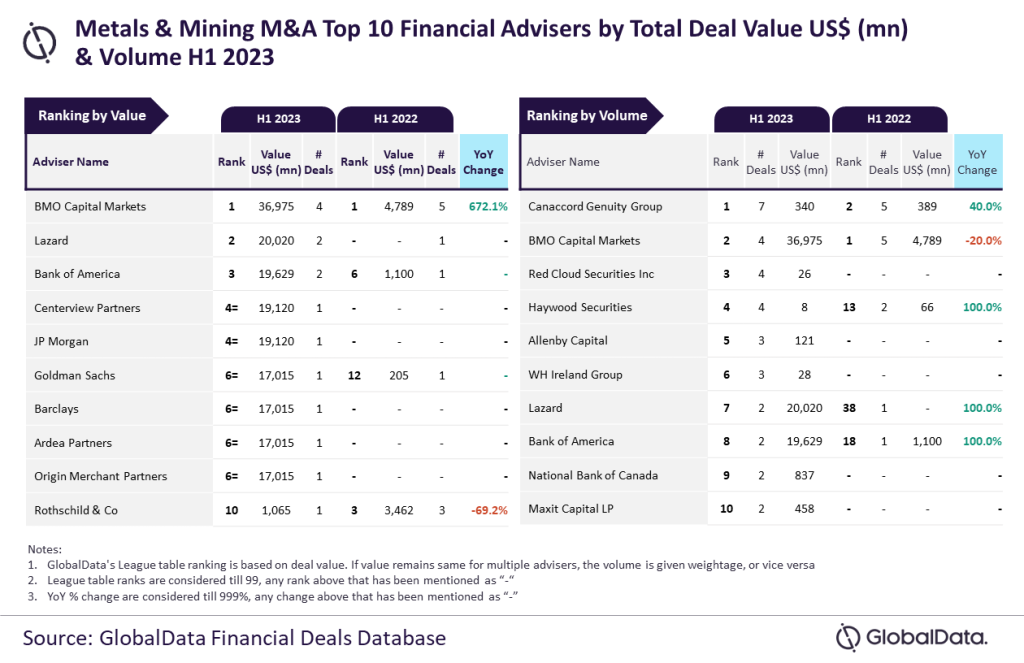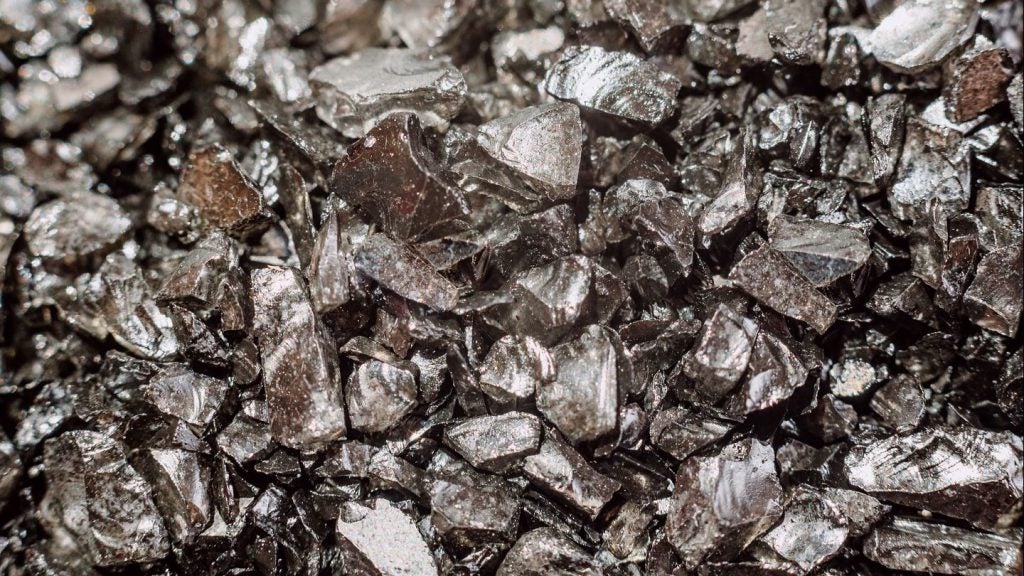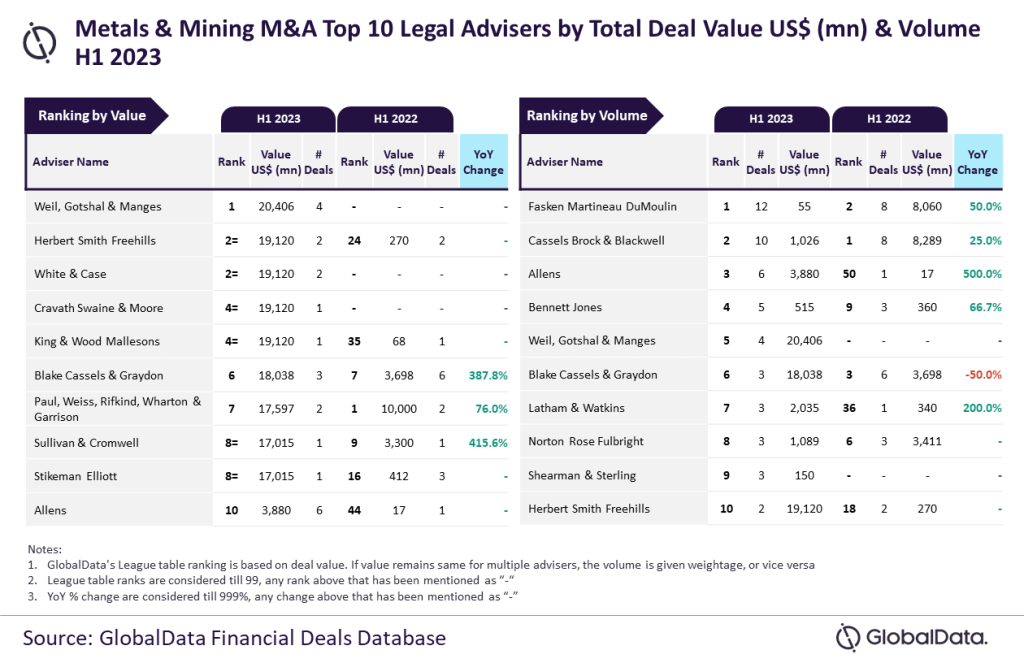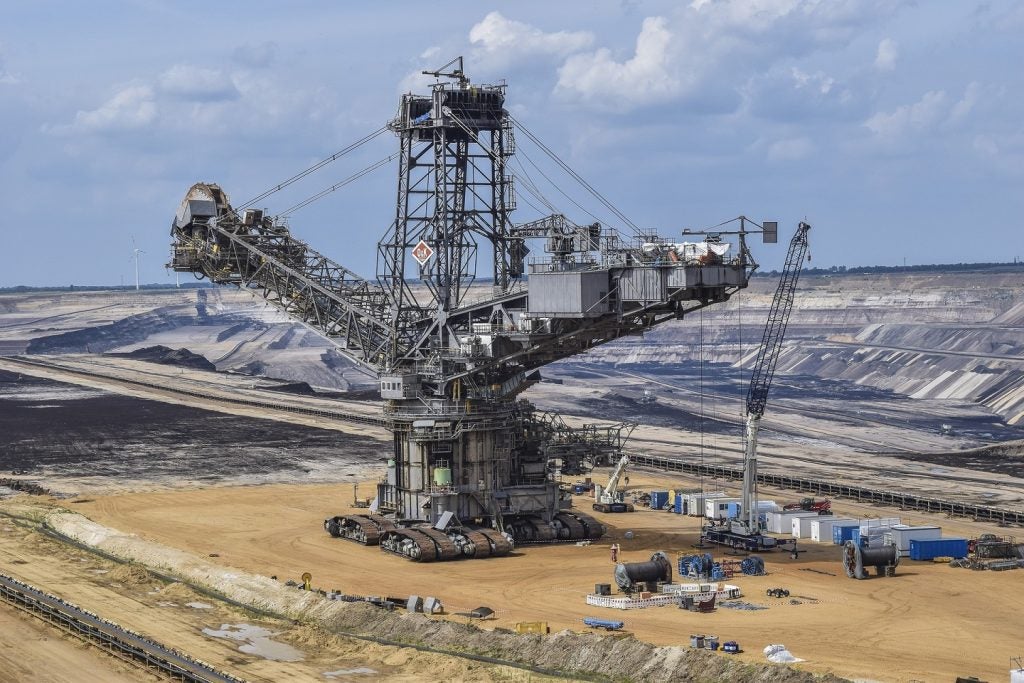Rio Tinto has awarded a design and engineering contract to Metso for a continuous pilot plant (CPP) for the BioIron process.
A low-carbon iron-making process, BioIron uses ore sourced from mines in Pilbara, Australia. It involves raw biomass, an alternative to metallurgical coal, as a reductant and microwave energy.
This will convert iron ore to metallic iron in the steelmaking process.
Rio Tinto is planning to test the BioIron process on a larger scale at a specially designed CPP, which will have a capacity of one tonne per hour, to help decarbonise the steel value chain.
Under the contract, Metso will undertake the detailed design work of the CPP’s reduction furnace and certain other equipment for the BioIron process.
The contract builds on the companies’ joint work developing the BioIron process, for which effectiveness has been successfully demonstrated during small-scale pilot tests carried out at Metso's Research Centre in Frankfurt, Germany.
Rio Tinto steel decarbonisation general manager David Leigh said: “This work is the key next step in the development of the BioIron technology and builds on the success of the research and development team.”
Metso Ferrous director Matthias Gabriel said: “We are very excited to continue the close working relationship with Rio Tinto and to provide engineering and design support as we move to the next phase of development of the BioIron technology.”





